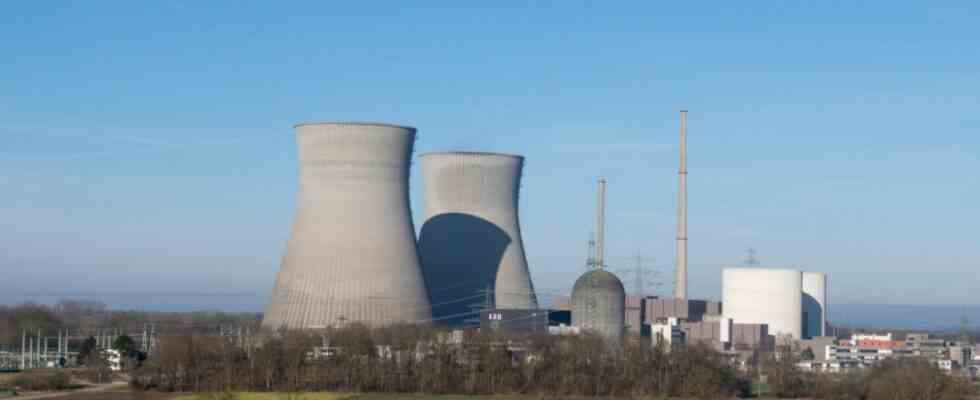What is important in the green energy transition, and what role does digitization play in this? That was supposed to be the topic of the Munich seminars on Monday, but it was pushed into the background by the currently much more pressing question of how Germany can secure its energy supply and whether a complete renunciation of Russian gas and oil would actually be manageable. RWE board member Zvezdana Seeger, guest of the event organized by the Ifo Institute and Suddeutscher Zeitung, had a clear answer: “We can’t disconnect everything,” she says, not only for private households but also for industry, an immediate stop to deliveries from Russia would be difficult to cope with. After all, it doesn’t help anyone if all the lights go out.
For the RWE woman, Russia’s attack brings back bad memories. She herself comes from the former Yugoslavia, as she explains. In the 1990s, the disintegration of the state led, among other things, to the war in Bosnia, which claimed at least 100,000 lives. She never believed that something like this would ever be possible again in Europe, she says. She also sees the changing world order as a threat to critical infrastructures such as energy networks and warns of the growing risk of cyber wars.
Zvezdana Seeger is responsible for human resources and IT on the RWE board.
(Photo: INA FASSBENDER/AFP)
At the same time, Seeger is trying to allay the fears of many people. The German suppliers are currently working together on solutions, she assures. “We shouldn’t be worried about freezing next winter right now, but we should be very quick now with everything we do.” The RWE manager is also alluding to the federal government’s plan to accelerate the energy transition and to be independent of fossil fuels by 2030.
“It’s going to be open-heart surgery.”
According to Seeger, the war in Ukraine is changing the geopolitical situation dramatically, and a new debate on security of supply is now necessary. Germany must put all its energy into expanding renewable energies, hydrogen, climate protection and an independent supply. “It’s like open-heart surgery.” Many things now have to happen simultaneously, emphasizes Seeger, who is responsible for human resources and IT on the RWE board.
She rejected the demands from various quarters to postpone the planned phase-out of nuclear power: “Just let it continue, that’s not possible. Once work has been started towards a phase-out, it’s not easy to stop.” The company would first have to be laboriously reactivated. And that could take years. Seeger pointed out that there is not only a lack of fuel rods and trained personnel, but also of capacity for regular maintenance, safety precautions and the necessary permits.
Seeger sees the large amount of money needed to reactivate nuclear energy being used more sensibly elsewhere. “The Ukraine war shows that Germany must become less dependent on individual suppliers.” Greater diversity in energy sources is also important. According to the RWE Group alone, it will invest a good 50 billion euros in green energy by 2030. “With wind turbines, we want to implement every available project and we are not choosy. We need speed and opportunity.” The rapid expansion of wind and solar energy will only succeed if the state creates the basis for accelerated approval procedures.
The RWE manager sees digitization as a decisive factor for the restructuring of the energy market, all suppliers must be involved, “in the end no one should stand alone”. This is the only way to reconcile supply and demand in the future and to balance capacities and peak loads in the energy network. “We need new solutions, fast, pragmatic and efficient, and no more heavyweight solutions,” emphasizes the board member.

